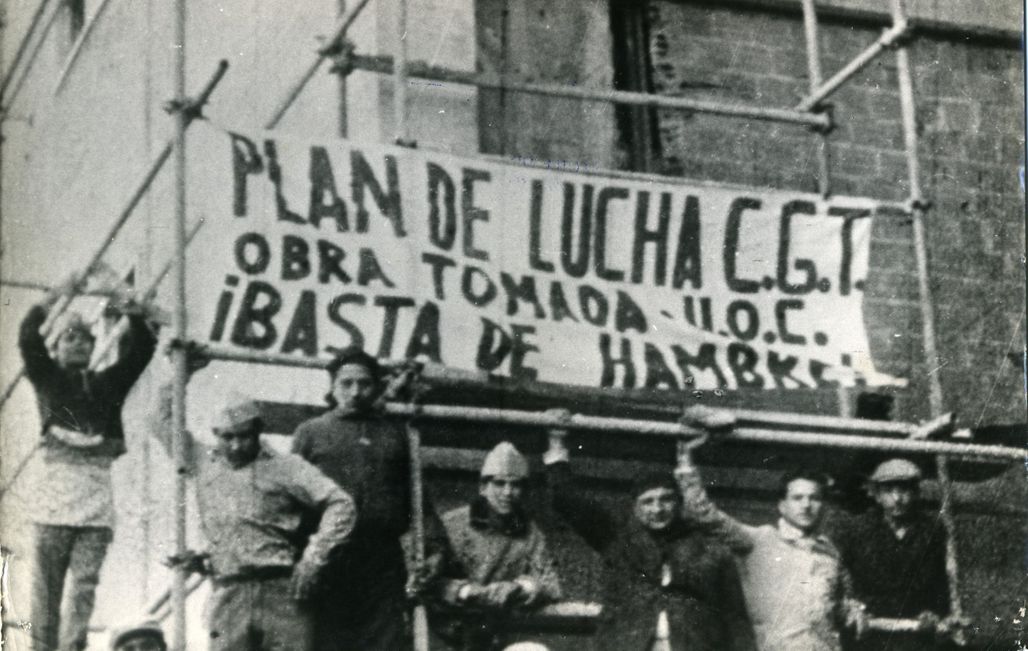
The Hour of the Furnaces: an Argentine revolutionary manifesto

La Hora de los hornos (The Hour of the Furnaces, 1968), a revolutionary documentary saga about the dictatorship and repression which ruled in Argentina from 1945 to 1968, is the first feature film by the Argentinian director Fernando Ezequiel Solanas. The four-hour trilogy is divided into chapters, the first section of which, Neocolonialism and Violence, is being screened at Cannes Classics in a restored copy.
Neocolonialism and Violence identifies Argentina's economic dependence on the United States and on Europe, which leads to the cultural and social dumbing down of the people, as the root of evil in the country. The work's three sections are united by the theme of dependence and liberation. It became a symbol of resistance and of political culture for a whole generation in 1960s and 70s Argentina.
Filmed secretly in a Latin America governed by oligarchies and pro-American military dictatorships, the film brought about the creation of an alternative political cinema. The filmmaker managed to print sixty copies of his feature film, which were distributed by workers' organisations and by politics students during the struggle against the Argentine government. Despite being banned by all dictatorships, it was shown in more than 70 countries.
Fernando Ezequiel Solanas began his battle for freedom of expression in the 1960s by creating Cine Liberación, an independent film production and distribution company which fought disinformation. As a committed, uncompromising filmmaker, he revisited his country's history and continued to speak truth to power in Los Hijos de Fierro (The Sons of Fierro), Menoria del Saqueo (Social Genocide) and La dignidad de los nadies (The dignity of the nobodies). He participated in the Festival de Cannes in 1988 with Sur (The South), which won him the Best Director Award and four years later with El Viaje (The Journey), which won the Commission Supérieure Technique's Grand Prix .


